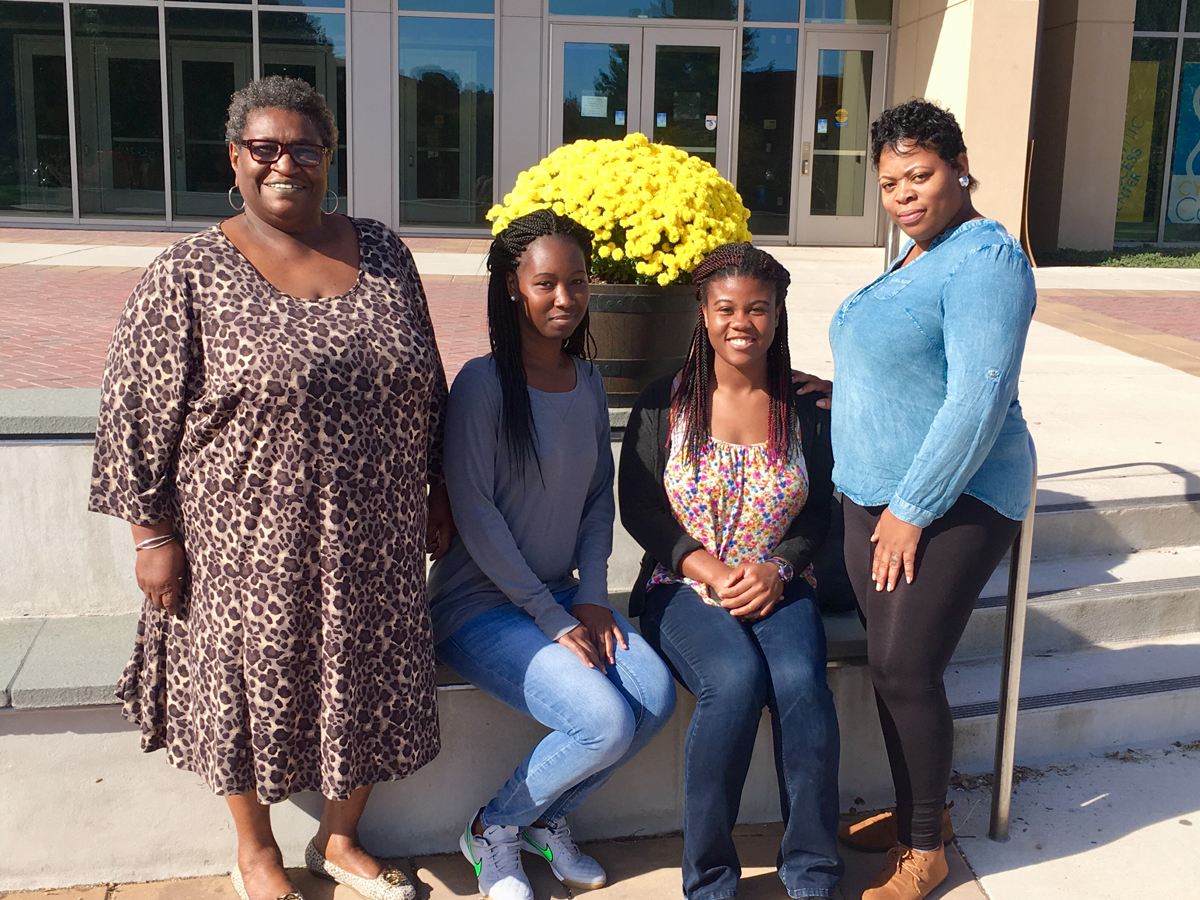This fall, The Community Alliance for Research and Engagement (CARE), based at Southern’s School of Health and Human Services, launched its “New Haven Neighborhood Health Leaders” program, a leadership program for SCSU students, faculty, and New Haven residents to work together on solutions to pressing social and health issues identified by the community.
Alycia Santilli, CARE director, explains, “The program is based on CARE’s work in New Haven – organizing around health issues at the grassroots level. This program helps to put a framework on and build upon several years of work.” Examples of past CARE projects have been community gardens, creating urban walking trails, bringing mobile farmers’ markets and food pantries to underserved neighborhoods, nutrition education and exercise programs, and supporting neighborhood antiviolence initiatives.
The Health Leaders program is open to faculty and graduate students in the School of Health and Human Services, as well as to residents of the Dixwell, Newhallville, West Rock, Beaver Hills, and West Hills neighborhoods. Two cohorts are being funded in the 2017-18 academic year, with the opportunity to implement a community-based participatory research (CBPR) project. The health leaders that started this fall include two city residents — Jacqui Pheanious, a resident of the Beaver Hills neighborhood and Makia Richardson, a resident of the West Rock neighborhood – and two MPH students, Cerella Craig and Meadeshia Mitchell. The graduate students are GAs, paid through a grant. The neighborhood health leaders are asked to commit about five hours a week to the program in return for a monthly $200 stipend.
The same four people will be continuing through the spring semester and are working on project planning now. In West Rock, they are focusing on transportation and safety issues, and in Beaver Hills/Whalley, they are focusing on health promotion in barber shops.
To find health leaders from the community, Santilli says, “We got the word out through neighborhood networks and through our community connections at CARE.”
The intent of CBPR is for researchers to work side by side with community members to define questions and methods, develop interventions, implement research and evaluation, and disseminate the findings. The two cohorts are focusing their work in two geographic areas — Dixwell/Newhallville/Beaver Hills and West Rock/West Hills — as a means to better engage with neighborhoods immediately adjacent to Southern. The health leaders work closely with residents of these neighborhood to identify an issue to tackle together.
The responsibilities of the health leaders include working in collaboration with CARE’s community coordinator and SCSU faculty and students to build relationships with leaders, other residents, and organizations in the New Haven community. Part of the work they do is to develop health activities and initiatives in collaboration with neighborhood groups and SCSU faculty and students; conduct outreach about neighborhood level projects and other CARE-related projects; and work with leaders and residents through neighborhood associations and groups to develop and implement projects that meet their priorities and needs.
So far, Santilli says, “The program is going great! We provided three initial co-learning workshops, in which we focused on CARE’s New Haven Health Survey data, social determinants of health, community organizing, and community based participatory research/planning.”
The mission of CARE is to improve health in New Haven. CARE seeks to build bridges and share resources between Southern and the community to improve the quality of life for all residents. It is developing neighborhood-level health interventions with local neighborhood groups.


